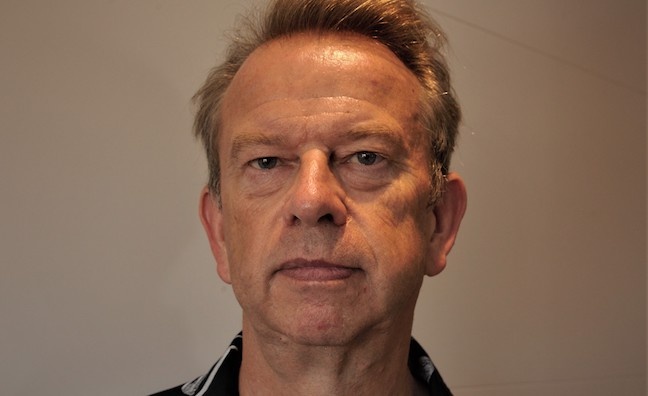Music Venue Trust CEO Mark Davyd’s monthly deep dive into live music’s biggest issues...
One year ago, in this column,I suggested that the live music industry would need to take urgent financial action to prevent the closure of many grassroots venues. I warned that if we didn’t act, they would close, and I laid out a challenge: by January 1 2025, every ticket sold at each arena and stadium should contribute £1 into a Pipeline Investment Fund that underwrites the cost of venues, artists and crew in the grassroots sector.
The top tier of the live industry had a remarkable 2023, hosting hundreds of big-scale events at significantly increased ticket prices. That’s to be celebrated – the public engaging with them creates economic activity and employment, and it rewards artists for creating loyal fanbases. Furthermore, a lot of these shows also feature groundbreaking uses of staging, lights, sound and technology.
At the other end of the scale, we lost a record number of grassroots venues last year. From over 950 venues actively programming new artists, we are now at less than 850. That’s more than 100 fewer venues supporting acts whose careers will provide us with the talent we need to keep major arenas and stadiums viable in the future. The decline in the number of venues is appalling, but what’s even more shocking is the type of venues that we lost.
Grassroots venues, runs the theory, come and go, but towns and cities always get new ones. It’s how it’s always been... This viewpoint is wildly out of date. We’re losing venues and we aren’t getting new ones. Moreover, we aren’t losing random venues, we are starting to lose the very bedrock of our touring circuit.
December brought the shocking news that Bath Moles would be permanently closing. Established in 1978, the venue has supported acts including Eurythmics, Radiohead, Andrew Weatherall and Fatboy Slim. It has been managed by a team who have fought valiantly to keep it going through a fire and a pandemic, but after 45 years, it has had to close its doors to live music for a final time.
And that is simply for financial reasons that could not be changed by a one-off crowdfunder, a millionaire, an artist doing an underplay or any amount of skills, training, knowledge or experience. Bath Moles closed because you can’t make money by putting on new, original music in a 220-capacity room.
The grassroots sector has known this for at least 15 years. Once support funds dried up in the ’00s, touring at this level fell below the affordable line. We went through a period where it lost a bit of money, but agents and promoters said that was fine if a venue had a bar. Then we went through a period where it lost quite a lot of money, but agents and promoters said it was again fine if you had a bar and club nights. By 2023, the sector was losing a lot of money, and no amount of bars, club nights, fundraisers, membership schemes or even millionaires could make the sums add up.
How much money is the grassroots sector losing putting on new live music? In 2022, the sector subsidised research and development to the tune of £79 million. In 2023, that rose to a huge and unachievable £115m – £133m of income in ticket sales versus £248m in expenditure.
R&D of talent at the start of a career is hugely expensive, it isn’t even close to being sustainable, and the entire R&D activity is dependent upon income from other sources to underwrite it. So, the sort of opportunities we must offer to foster emerging artists can only be provided by a venue with a bar open all week, successful club nights,
a strong food offer and a loyal local community who will financially support it through a range of investment schemes and activities. It needs all of those things to pay for the R&D we need, which raises a very important question: why?
That’s not, ‘Why do venues need those things to be able to invest in the talent we need?’ The question is, why should they invest in it? If you’re running a bar that has food, club nights and is embedded in its community, why should you take your profit and invest it in a bright future for the rest of the industry? Because we want artists filling up arenas and stadiums in years to come but we don’t feel like paying to make that happen? Why do we, as an industry, think venue operators should be doing all these activities so that we can make a profit out of their work later on?
We are 12 months into my challenge to the industry to get serious about its responsibility to the financial cost of nurturing and developing grassroots artists, venues and crew.
We have made progress. Artists like Enter Shikari, promoters like Cuffe & Taylor, venues like The Piece Hall, arenas like Swansea and ticketing companies like Ticketmaster, Skiddle and Good Show are doing what needs to be done, but it still isn’t enough. There will be many more Bath Moles if people don’t stop looking out of the window hoping this is someone else’s problem.
Like I said, we have 12 months to go.







